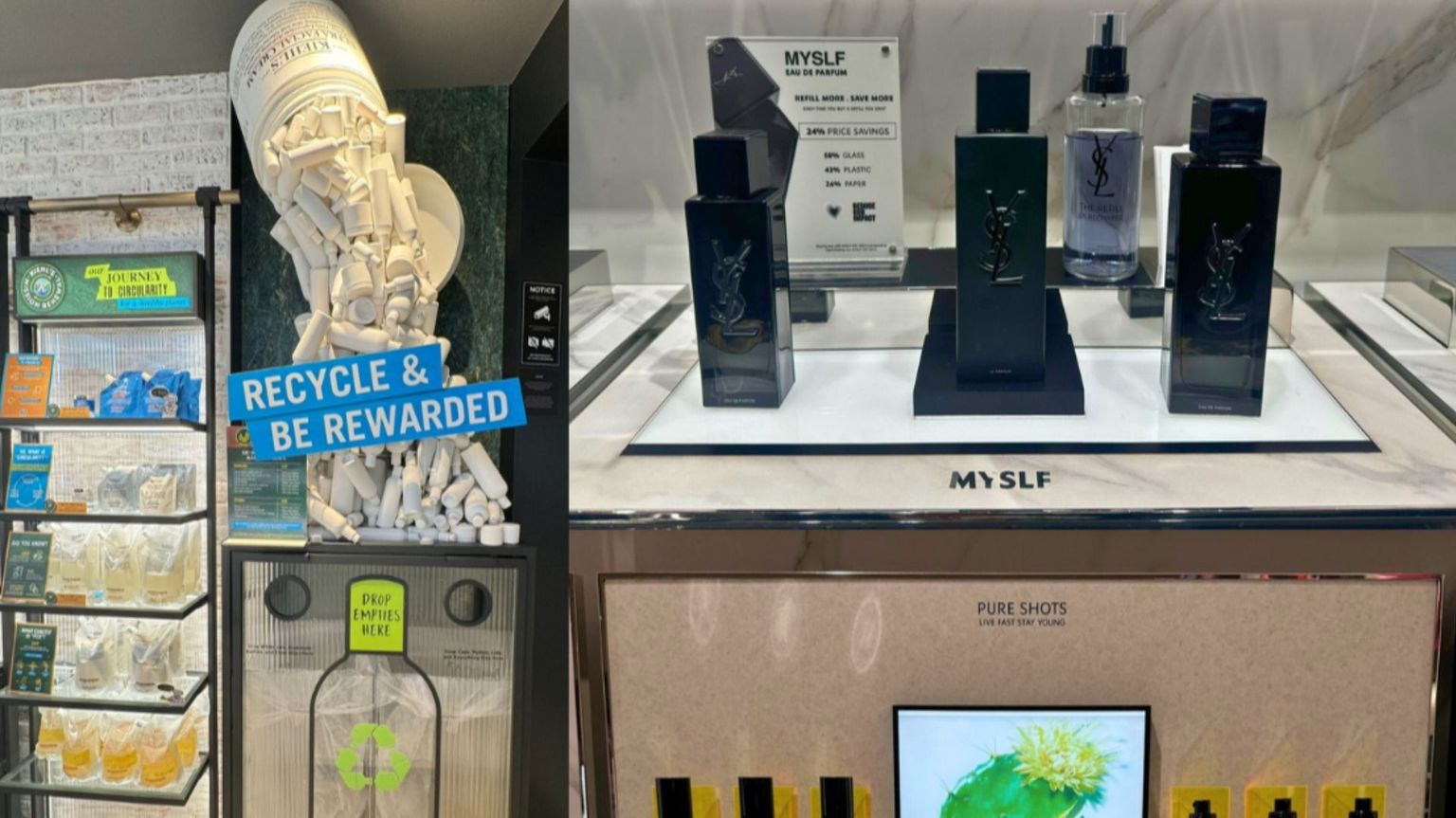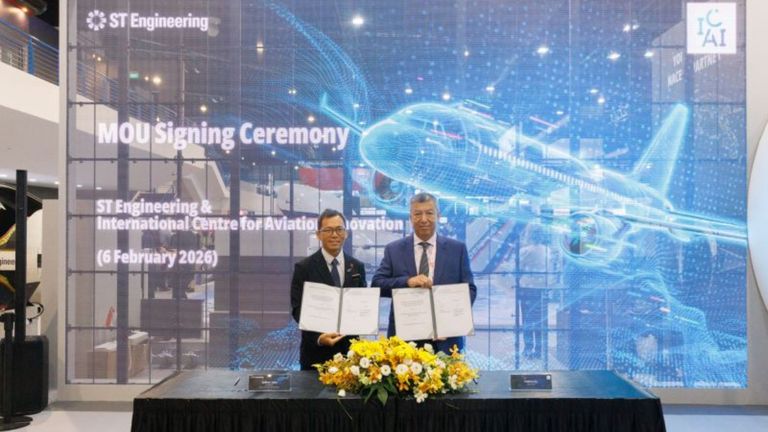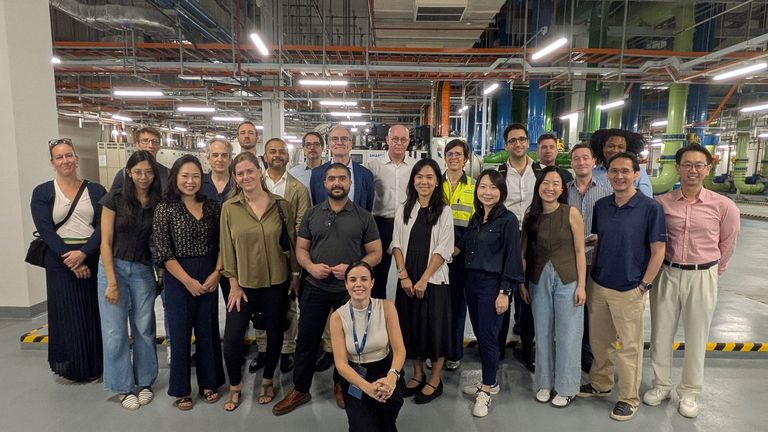Actus des entreprises
How L’Oreal is trying to make refillable beauty the standard

World Refill Day, observed every June, is a global initiative that puts the spotlight on refill and reuse as scalable solutions to single-use plastic waste. Originally launched by UK non-profit City to Sea in 2021, the campaign has grown in scope and impact, with the organisation estimating that over 100 million plastic items have been prevented from going to waste due to refill-friendly behaviours promoted through its work.
Inspired by this day, L’Oréal Group announced a significant expansion of its refill offerings across its portfolio of luxury and mass brands, including Lancôme, Armani Beauty, Yves Saint Laurent Beauty, Kiehl’s, Maison Margiela Fragrances, Prada Beauty, Valentino Beauty, and others.
The move likely comes as part of the company’s efforts to align with circular economy principles, especially at a time when consumers are increasingly holding brands accountable for their environmental footprint.
Over the last five years, the group has affected change in its manufacturing sites around the world, creating a 17-fold increase in the number of refillable options available over the past five years. However, awareness among consumers remains a challenge.
According to a survey conducted by L’Oréal, while 78% of consumers express interest in buying more sustainable products, many are still unaware of the measurable environmental savings refills can deliver. The company’s internal data shows that purchasing a 100ml refill of La Vie Est Belle Elixir instead of two 50ml bottles can reduce material use by up to 73% for glass, 66% for plastic, and 61% for cardboard.
This sits within a broader shift across industries as corporations race to decarbonise supply chains, reduce packaging waste, and improve sustainability disclosures—or at least appear to be doing so. The term sustainability itself is often broadly defined, leaving room for interpretation, exaggeration, or greenwashing. In this context, refillable formats offer a rare clarity: a concrete, measurable change that consumers can see and touch.
However, access to refills remains uneven. Most of the initiative’s rollout seems to be in L’Oreal’s western markets. Local options are gradually expanding, much further behind. Currently, refillable formats in Singapore include items like Lancôme’s Génifique Ultimate Serum and Absolue Cream, Yves Saint Laurent Beauty’s Libre Eau de Parfum and MYSLF Eau de Parfum, and Kiehl’s Ultra Facial Cream and Amino Acid Shampoo and Conditioner.
“Refills offer a smarter, more sustainable way to luxury beauty,” said Ricardo Schmidt, Luxe Division General Manager for L’Oreal Singapore. “By making it easier for consumers to reuse beautifully designed packaging, we encourage consumers to make the switch to refills and incorporate them into their regular beauty routines."
“For our luxe brands, we elevate refilling from a practical choice to a desirable, aspirational one. Our aim is to inspire consumers to join us to shape the future of luxury beauty, one refill at a time.”
In luxury, where presentation and ritual are central, shifting consumer mindsets takes a lot of active effort from brands. If refill culture can successfully become mainstream, L’Oréal’s efforts may help redefine what luxury means in the 21st century as not just indulgence, but intention.
SOURCE: THE PEAK


